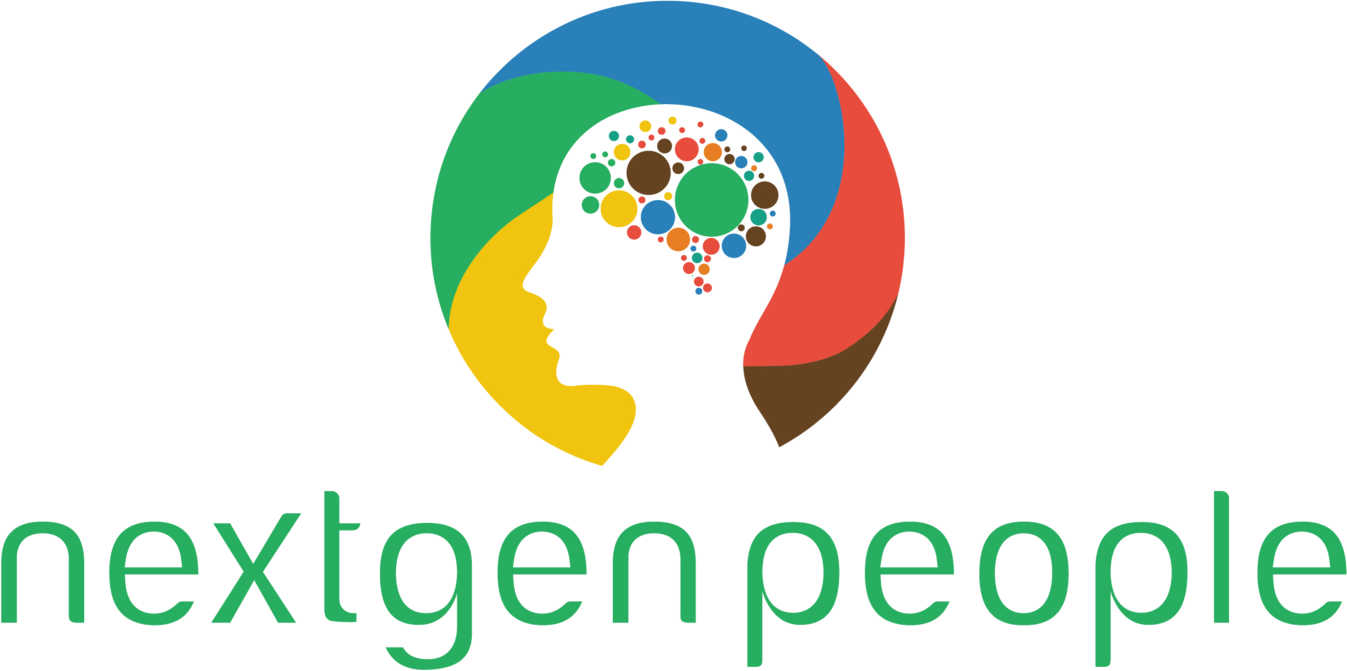How are you?
I want to talk to you about the power of saying “How are you”. It’s a very simple phrase.
I want to talk to you about the power of saying “How are you”. It’s a very simple phrase.
It’s very common, at least in the United States, to say “Hey! how are you?.
You might even say to someone you absolutely do not know and do not ever plan to see again. 99% of us do not expect an answer to that very powerful question.
I want to talk about it because I look at those 3 words, 9 letters, and a very basic sentence, I think, “Wow that is a powerful question!”. I think specifically about Koreans who use a phrase that I will not even dare to attempt to pronounce and disrespect. That saying essentially means “Have you eaten?” and it’s equivalent to “How are you?” or “Are you Ok?”. The reason why that phrase was so commonly used and I would assume literally meant in the past was because after the Korean War there was a significant shortage of food. So, you showed your care to others by saying “Have you eaten?” because if they had not eaten and you had even little food surely you were going to share with them and have empathy enough to care for them by feeding.
So today I look at us and I say we use that phrase casually when it could be such a powerful tool that we could use to connect to others. We could really care how that other person was on the other side of that question and perhaps even ponder how we might be able to help that person if the “How are you?” was responded in a way that wasn’t positive and perhaps authentically expressing a need of help. What if that “How are you?” is responded to as “I’m not feeling so well today?”, “I need someone to talk to”, “I need something to eat actually.” “I just lost someone close to me” or “I need someone who can pray with me.” What if that “how are you?” was responded to by the fact that “I need some advice on how I should make an important decision in my life” or “you know what, I woke up and I was just feeling down and I didn’t know why?”. What if that “How are you?” was responded in a way of “You know what, Today is a day that I don’t know how to be happy?” Especially when we think about many people dealing with mental health challenges.
Most of us would say,” Oh my gosh! I didn’t ask for all of that... What am I supposed to do with all of that?” So, what I can say is, when you say, “How are you?” first and for most make sure that you recognize that you are asking a question. If you’re not ready for the answer, don’t ask the question. Yet, the second most important and more preferred point is that I would hope that you would use that question to powerfully make a difference. Does that mean that you have the perfect answer to whatever may come up to that “How are you? “question? Absolutely not. But what it does mean is that you just might try to help that person in the smallest or biggest way of your capacity that you can.
I have been pondering on that and I wanted to share my perspective because you may not realize that you are using that phrase so casually. I now challenge myself to use that phrase not to fill in space or avoid conversation but more so powerfully using it to make a difference. Even if that difference is small increments over time with different people. My goal is to courageously ask the question and have the readiness and willingness to listen and respond to that question “How are you?”
I hope that you receive this message the way that I received it when it came to me and I pondered over it.
Have a wonderful day!

